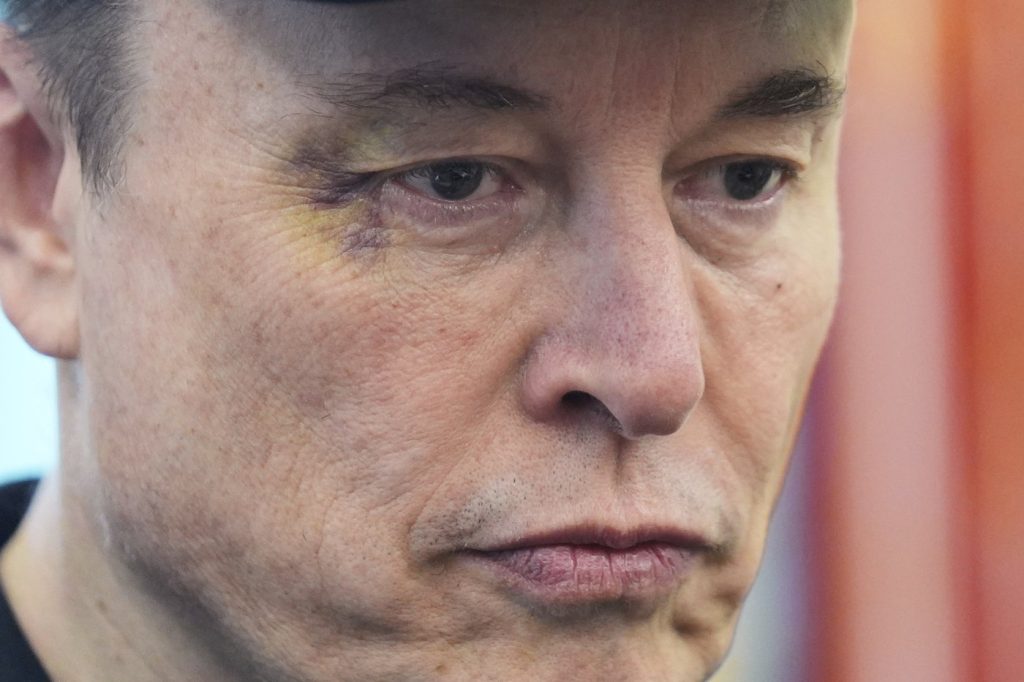On Saturday, Elon Musk reiterated his criticisms of President Donald Trump's ambitious tax and spending cuts bill, contending that the contentious legislation, which is being rushed through the Senate by Republican leaders, would result in job losses and impede the growth of emerging industries. Ahead of a critical procedural vote to initiate debate on the sprawling nearly 1,000-page bill, Musk expressed his concerns on social media.
Musk wrote, “The latest Senate draft bill will destroy millions of jobs in America and cause immense strategic harm to our country.” He further lamented that the bill rewards “industries of the past” while actively damaging “industries of the future.” This public criticism on Musk’s birthday intensified ongoing tensions between him and the Trump administration, particularly as GOP leaders are working diligently to pass the bill by Trump’s self-imposed Fourth of July deadline.
This is not the first time Musk has voiced his discontent regarding the legislation. Following his exit from the federal government last month, which included a notable celebration in the Oval Office, Musk labeled the bill a “pork-filled” and a “disgusting abomination.” In previous messages on social media, he admonished those who voted for the bill, stating, “Shame on those who voted for it: you know you did wrong.” Musk also threatened repercussions for lawmakers if they deviated from the interests of the American populace.
Despite the backlash, Trump responded to Musk's criticisms, expressing disappointment in the billionaire. This dialogue has led to heightened exchanges between the two. Notably, Musk suggested, without providing evidence, that Trump was implicated in documents related to sex abuser Jeffrey Epstein, deepening the divide during an already strained relationship.
In a somewhat conciliatory move, Musk later indicated regret over some of his previous statements that “went too far,” prompting Trump to respond positively in an interview, implying that disagreements in politics are common and to be expected.
The ongoing conflict raises questions about how Musk's recent comments will affect the relatively amicable understanding he and Trump had established in recent weeks. As of now, there has been no statement from the White House regarding Musk’s latest remarks.
Despite his previous involvement in the administration, Musk has focused primarily on his business ventures in recent weeks, which has diminished his political influence. Nevertheless, he remains a significant financial supporter of Trump’s 2024 campaign, underscoring his potential impact on political dynamics—especially if he feels strongly enough about an issue to re-engage in political donations.
Meanwhile, although Trump did not directly comment on Musk’s remarks, he utilized the occasion to exert pressure on Republican senators, particularly targeting those who voted against the bill. He specifically called out Sen. Thom Tillis of North Carolina, accusing him of seeking publicity and threatening a campaign against him in the upcoming election cycle.
The legislation successfully passed its initial test vote in the Senate late Saturday evening, paving the way for a more extensive debate among lawmakers. The urgency surrounding the bill and the mix of internal conflict within the Republican party illustrate the complexities of advancing such significant legislation.











